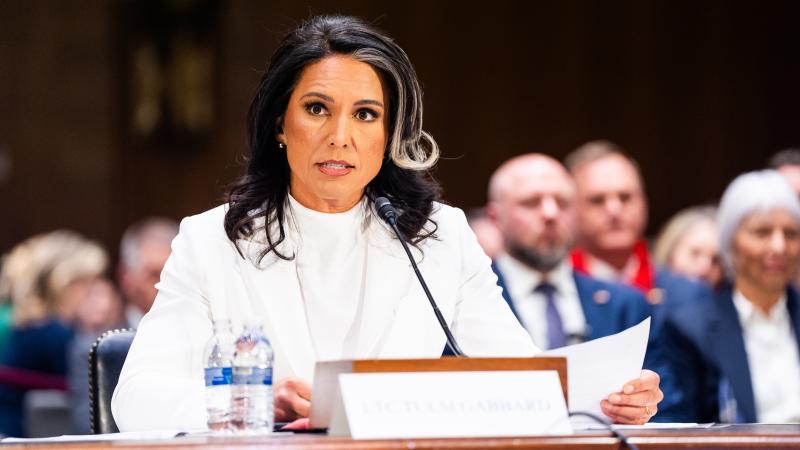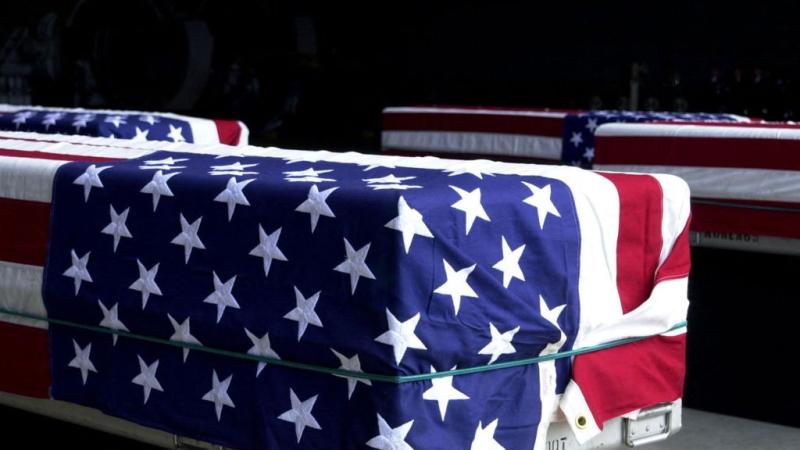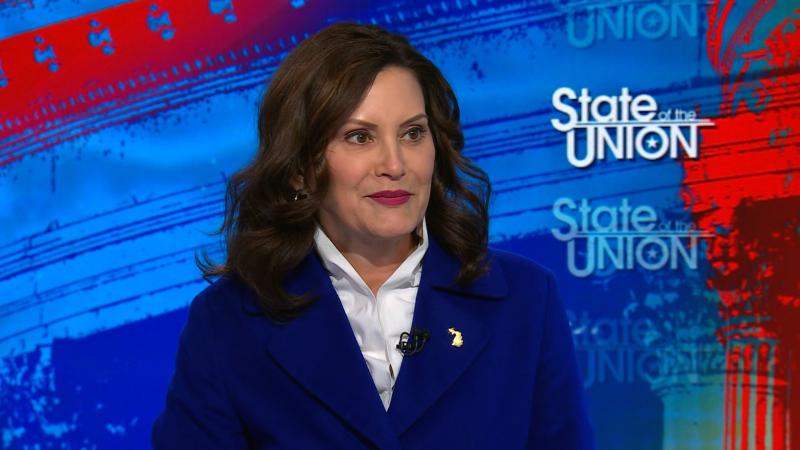'Highway robberies': Feds give up $1M seized from licensed marijuana businesses in transit
Settlement talks continue with California sheriff who seized cash under the feds' equitable sharing program. Armored car company says its drivers were "pretextually" pulled over five times in less than a year.
In a bid to extricate itself from litigation, the federal government is giving back more than $1 million a California sheriff's office seized from an armored car company that serves state-licensed marijuana businesses.
The Justice Department's April 13 settlement with Empyreal Logistics is the first domino to fall from nationwide interceptions of the service's cash transports under the federal equitable sharing program, which gives up to 80% of proceeds to jurisdictions that seize them on behalf of the feds.
Lawyers for Empyreal and San Bernardino County Sheriff Shannon Dicus are "in discussion regarding potential settlement and dismissal" of the entire California lawsuit, according to a joint filing the same day seeking another 30 days for the sheriff to respond.
"Empyreal was operating legally under California law, but with current federal civil forfeiture laws, even compliant businesses can be targeted," senior attorney Dan Alban of the Institute for Justice (IJ), which is representing the company, said in a press release Wednesday.
California law incentivizes armored car companies to work with licensed cannabis businesses "to transport their deposits to financial institutions for safe-keeping," given that marijuana remains illegal under federal law, the public interest law firm's case summary says. Most of Empyreal's cannabis clients have medical licenses, and the company "serves as a critical piece of financial infrastructure for those businesses."
Empyreal's challenge to another attempted federal seizure of nearly $166,000, by way of Dickinson County in Kansas, is not affected by the federal settlement in California and remains on a slower track.
A March 15 text order in U.S. District Court in Kansas says the parties agreed to stay the case for 60 days, "remain interested in mediation and will continue to work toward a resolution during the stay."
The Pennsylvania-based company operates in 28 states and also serves non-cannabis businesses. Its California lawsuit challenges "the repeated and continuing highway robberies of armored cars by government agents."
Empyreal claims law enforcement pulled over its drivers five times in less than a year, two in Kansas and three in California.
Dickinson County Sheriff's Deputy Kalen Robinson made an "entirely pretextual" stop May 17 on an Empyreal vehicle with Colorado plates whose driver said he would be driving back through Kansas with proceeds from licensed dispensaries in Missouri, the lawsuit says.
The Drug Enforcement Agency surveilled the driver the next morning, then Robinson pulled him over again and seized the $166,000.
Empyreal's Feb. 9 amended answer to the federal seizure proceeding says both stops were unlawful and that the seizure violates a federal law known as the Rohrabacher-Farr Amendment. It blocks DOJ from spending money to prevent states "from implementing their own laws that authorize the use, distribution, possession, or cultivation of medical marijuana."
The stops also infringe on the "full faith and credit" of Missouri law. "Moving currency from one state to another does not invoke some additional criminal activity or create some criminal action in and of itself supporting a seizure of the currency," the Feb. 9 filing says.
San Bernardino County deputies pulled over Empyreal vehicles Nov. 16, Dec. 9 and Jan. 6, seizing $700,000 and $350,000 in the first two. The lawsuit records deputies' dialogue during the first seizure, including "Shut the front door!" and "Wowee!"
Video footage from the second seizure shows the drug-sniffing dog that purportedly alerted the deputies was "barely interested in the vehicle." In the third stop, a deputy allegedly told the driver, whose vehicle wasn't carrying cannabis proceeds, that Empyreal vehicles kept getting pulled over for "political" reasons.
IJ is also behind a class-action lawsuit on behalf of safe deposit box customers whose cash and valuables were seized in alleged violation of the search warrant for a federal raid a year ago. U.S. Private Vaults took a plea last month, admitting that it sought business from criminals, including drug traffickers, for its anonymous service.
While IJ's clients received all their money back, the firm is "trying to get the government to answer our questions and give us documents" regarding the raid, senior attorney Robert Frommer told Just the News.
The libertarian nonprofit has received only "a miniscule portion of what we're entitled to" in the past five months, but not "a list of our class members, or in fact any other documents from the government," he said.
U.S. Magistrate Judge Margo Rocconi declined to compel the feds to respond to IJ's requests for information in a March 30 order following a hearing that day. She did urge the feds to "timely provide and respond to all pending discovery requests" and "immediately" turn over the class list among other documents.
















